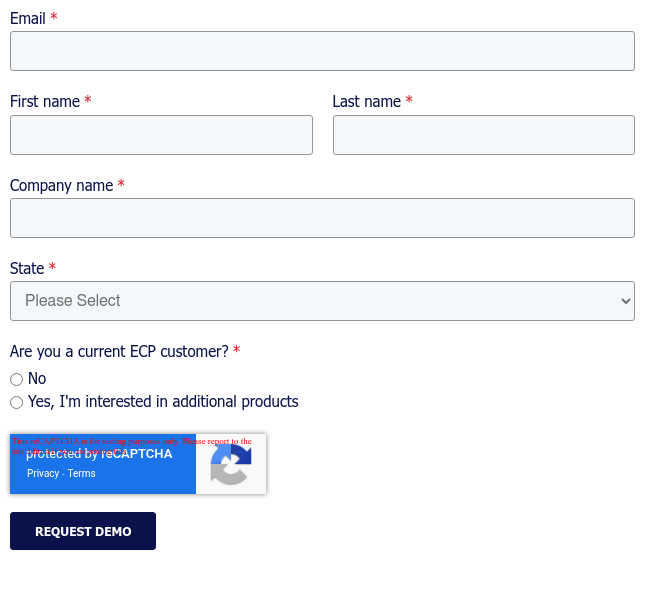Delaware Ch. 11.0 Resident Assessment Requirements for Assisted Living
Assisted living facilities play an indispensable role in delivering care and support to residents and individuals with disabilities. In Delaware, the Division of Health Care Quality oversees the regulations for these facilities, ensuring that residents receive the highest standard of care. One key aspect of these regulations is Chapter 11.0, which addresses Resident Assessment. In this blog post, we'll explore what this chapter entails and what it means for assisted living operators in Delaware.
Understanding Chapter 11.0 Resident Assessment
Chapter 11.0 Resident Assessment is a set of regulations designed to standardize the assessment process for residents in assisted living facilities. These regulations, under the purview of the Division of Health Care Quality in Delaware, aim to create a consistent and comprehensive approach to evaluating residents' needs, health conditions, and preferences.
- Use of Uniform Assessment Instrument (UAI): Assisted living facilities in Delaware are required to use a Uniform Assessment Instrument (UAI) developed by the Division. This standardized tool ensures that all assessments are conducted consistently, providing a clear and comprehensive picture of each resident's status and requirements.
- Initial Resident Assessment: Before a resident is admitted to the facility, an initial UAI-based resident assessment must be completed by a registered nurse (RN) acting on behalf of the facility. This assessment must occur no more than 30 days before admission. It is a critical step in understanding the resident's needs and tailoring their care accordingly.
- Medical Evaluation: In addition to the UAI assessment, a prospective resident must undergo a medical evaluation conducted by a physician within 30 days before admission. This evaluation helps identify any specific medical needs that must be addressed in the resident's care plan.
- Resident Involvement: Residents play an essential role in their assessments. The assessment process should be completed in conjunction with the resident to ensure their preferences, strengths, and needs are considered.
- Regular Updates: Regular updates using the UAI are key to ensuring that the resident's care plan remains accurate and relevant. Updates should occur 30 days after admission, annually, and whenever there is a significant change in the resident's condition.
- Transition and Transfer Assistance: If a resident's needs exceed what the assisted living facility can provide, the facility must assist the resident in making arrangements for an appropriate transfer within 30 days. During this transition period, the facility is responsible for coordinating the provision of necessary services.
- Assessing Interests and Preferences: Within 30 days of admission, the facility must assess the interests, strengths, talents, skills, and preferences of each resident. This information is used to plan activities that cater to the individual preferences and well-being of residents.
The Importance of Resident Assessment Compliance
Chapter 11.0 Resident Assessment regulations in Delaware are in place to ensure that residents in assisted living facilities receive the highest quality of care tailored to their unique needs and preferences. Assisted living operators must adhere to these regulations, using the UAI assessment tool and involving residents in the process. By doing so, operators can provide personalized care, promote resident well-being, and maintain compliance with state regulations. Ultimately, these efforts contribute to a safer and more comfortable living environment for residents in Delaware's assisted living facilities.
If you are interested in learning how ECP is helping assisted living facilities in Delaware stay compliant, reach out to sales@ecp123.com or request a demo below.
Note - The information provided on this website does not, and is not intended to, constitute legal advice; instead, all information, content, and materials available on this site are for general informational purposes only. ECP makes no warranties as to the accuracy of this content and does not commit to updating it as regulations change. Readers of this website should contact their attorney to obtain advice with respect to any particular legal or compliance matter.



